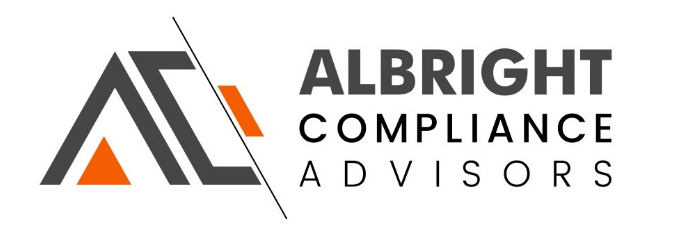In the dynamic realm of Environmental, Social, and Governance (ESG) considerations, the spotlight often shines brightest on environmental and social factors. However, it’s imperative not to overlook the critical role of governance. The ‘G’ in ESG holds the key to establishing robust frameworks for corporate behavior, accountability, and long-term sustainability.
Today’s companies face a myriad of challenges as they strive to uphold principles of good governance amidst evolving regulatory landscapes and heightened stakeholder expectations. From intricate risk management protocols to the growing demand for transparency and ethical conduct, the governance journey has become increasingly intricate.
Implementing ESG Governance Strategies
Effective governance is not merely about complying with regulations; it’s about fostering a culture of integrity, accountability, and responsiveness. Here are several strategies to strengthen the ‘G’ in ESG and drive sustainable business practices:
- Board Diversity and Expertise: A diverse board brings varied perspectives and experiences to the decision-making table, enhancing oversight and strategic guidance. Companies should prioritize appointing directors with diverse backgrounds, skills, and industry expertise to ensure comprehensive governance.
- Transparent Reporting and Disclosure: Transparent reporting mechanisms are foundational to building trust with stakeholders. Companies should strive for clear, concise, and timely disclosure of ESG-related information, enabling stakeholders to make informed decisions about environmental and social impacts, risk management strategies, and corporate governance practices.
- Ethical Leadership and Accountability: Ethical leadership sets the tone from the top, cascading ethical values throughout the organization. Leaders must exemplify integrity, honesty, and accountability, reinforcing a culture of ethical conduct and responsible decision-making at all levels.
- Stakeholder Engagement: Engaging with a diverse range of stakeholders, including investors, employees, customers, communities, and regulators, fosters mutual understanding and collaboration. Companies should actively solicit feedback, address concerns, and incorporate stakeholder perspectives into governance frameworks and decision-making processes.
- Risk Management and Compliance: Effective governance entails robust risk management protocols and adherence to regulatory requirements. Companies should conduct comprehensive risk assessments, implement controls to mitigate risks, and regularly monitor and evaluate compliance with applicable laws, regulations, and industry standards.
- Long-Term Value Creation: Governance practices should prioritize long-term value creation over short-term gains. Boards should align corporate strategy with sustainable development goals, considering environmental and social impacts alongside financial performance to ensure the resilience and longevity of the business.
- Continuous Improvement and Adaptation: Governance frameworks should be dynamic and adaptable to evolving challenges and opportunities. Companies should foster a culture of continuous improvement, regularly reviewing and refining governance practices to address emerging ESG issues and stakeholder expectations.

Challenges in Implementing Effective ESG Governance
- Regulatory Complexity and Compliance Burden: One of the foremost challenges in ESG governance is navigating the complex web of regulations and compliance requirements. As governments worldwide intensify their focus on sustainability and corporate responsibility, companies must grapple with an ever-expanding array of laws, directives, and reporting standards. The burden of ensuring compliance while staying abreast of regulatory changes can strain resources and pose significant operational challenges.
- Stakeholder Diversity and Expectations: ESG governance also entails engaging with a diverse array of stakeholders, each with their own unique expectations and priorities. From investors and customers to employees and advocacy groups, managing stakeholder relationships requires a nuanced understanding of their concerns and interests. Balancing competing demands and effectively communicating the company’s ESG initiatives can be challenging, especially in an era of heightened social awareness and activism.
- Data Management and Disclosure: Robust ESG governance relies on accurate and comprehensive data to inform decision-making and demonstrate progress. However, collecting, analyzing, and disclosing relevant ESG metrics can be a daunting task, particularly for companies operating in multiple jurisdictions or across complex supply chains. Ensuring data integrity, transparency, and consistency poses significant logistical and technological challenges, requiring sophisticated systems and processes.
Conclusion
In conclusion, strengthening the ‘G’ in ESG is essential for companies committed to sustainable business practices and responsible corporate citizenship. By prioritizing board diversity, transparent reporting, ethical leadership, stakeholder engagement, risk management, long-term value creation, and continuous improvement, companies can build resilient governance frameworks that drive positive environmental, social, and economic outcomes for all stakeholders. Embracing the ‘G’ in ESG is not only a strategic imperative but also a moral imperative for businesses seeking to thrive in an increasingly complex and interconnected world.







